The vinyl experience was a major part of music history from roughly the early 1950s through 1991. Once CDs replaced vinyl recordings and led the way to downloading and streaming of digital music files, vinyl analog recording was on its way to disappearing from our lives, seemingly never to be replaced.
The act of buying a vinyl LP, taking it home, removing it from its record jacket, putting it on the turntable and listening intently to the music it contained was something like taking part in a Japanese Tea Ceremony—often with marijuana, LSD, or liquor rather than tea being consumed. Enjoying the artwork on the front of the jacket and the liner notes printed on the back were also part of the experience. Some listeners insist that the music recorded on vinyl sounded richer, fuller, and more satisfying than the music recorded digitally—for technical and aesthetic reasons.
Vinyl records today have become an essential part of the growing music memorabilia market. It’s hard to imagine anyone paying $790,000 (the most money ever paid for a commercially released record) for a copy of the White Album, as Rolling Stone reported someone did in 2015—even if had been owned by Ringo Starr (personal copy (No. 0000001). A CD just wouldn’t have the same cachet.
Elvis Presley's "My Happiness" acetate was acquired by Jack White in January 2015 for $300,000. Third Man Records re-released it in time for Record Store Day in 2015.
A copy of the Sgt. Pepper's Lonely Hearts Club Band LP signed by all four Beatles sold for $290,500 in 2013. Even normal copies of records can sell for very high prices when autographed. This was the case with a copy of John Lennon and Yoko Ono's Double Fantasy, autographed by Lennon five hours before he was murdered in 1980. It sold for $150,000 in 1999.
According to Forbes Magazine, “Fueled by that unique sound quality and a nostalgia wave, sales of vinyl records were up 32% to $416 million [by 2015], their highest level since 1988, according to the RIAA. (CD sales, while much higher in total income, were down 17%.) Put another way: Revenues from vinyl sales last year were higher than those of on-demand ad-supported streaming services, such as YouTube, Vevo and Spotify's free service, which only accounted for $385 million, according to the RIAA.”
Even Whole Foods (recently acquired by Amazon) is selling vinyl records. It’s no longer just the domain of independent record stores.
The current crop of major artists is also embracing the trend. Taylor Swift and Justin Bieber are putting out some of their music on vinyl. There will soon be new archived material from The Doors, Bob Dylan, David Bowie, and a 1977 performance from The Grateful Dead available for vinyl fans.
We can expect vinyl to continue to see noticeable growth in the coming decades. "It would seem that they are bringing the products back to create or capitalize on a nostalgia wave," says Barbara Kraus, director of research at Parks Associates. "It also creates a new experience for people who were born during the digital age."
Jack White loved vinyl and hated to see it left behind in favor of CDs and MP3s. He had no idea at the time, he recalls, that there would one day be a rediscovery of the entire experience that owning a vinyl LP once carried with it. Having found success as a recording artist at about the same time as vinyl was becoming all but obsolete, he decided to release vinyl records whether there was a large market for them or not. It was the only way recorded music memorabilia or new work could be recorded and listened to properly, he thought.

Once an upholsterer in his native Detroit, Jack White loves his hometown. He is no stranger to the work ethic that once defined the success of the motor city. Motown Records is long gone, and so is his old duo, the White Stripes. His solo career is going strong but it’s hard to understand how he still has time for it now that his entrepreneurial impulses have fully kicked in. Since launching Third Man Records, his independent label, in 2001, and now with the addition of a retail facility in Nashville, Tennessee, and a record pressing plant in Detroit that uses the first vinyl presses manufactured in decades in the US, we can say that for Jack White, the road to success is always under construction.
In 2009, in Nashville, Third Man became a part of Nashville’s historic music scene. It's Tennessee location houses a record store, novelties lounge (featuring the Third Man record booth), the label’s offices and its distribution center and a photo studio. It's Nashville presence also includes the world’s only live venue with direct-to-acetate recording capabilities where performers can record high-quality music as they perform it. Third Man has become a leading innovator in the world of vinyl records and had has found an innovative way to market them as they bring tangibility and spontaneity back to the record business. They bring back the feeling that music is a rich, almost holy, experience once again.
White is also bringing new jobs to Detroit with the new record pressing plant. Jack White has planted a new flag in Cass Corridor, once the bustling center of the industrial district that once defined the Motor City.
Beginning on February 25, 2017, customers of Third Man Records have been able to witness the new facility in operation. Visitors can now see the first eight new pressing machines made in 35 years.
Why does White want to make vinyl records in the age of CDs, downloads, and streaming? “The dream was to be able to have a plant that people could see records being pressed and you could buy those records immediately … which doesn’t exist anywhere in the world. Trying to make things that have never existed before is sort of our goal at Third Man all the time.”

Other Third Man Records projects include its recording booth, where for 20 bucks anyone can record 2.5 minutes of music on a 33 1/3 record and take it home with them just as Elvis Presley did at a Sun Records facility in the 1950s. The vintage machines are a part of musical history that has always fascinated White. Third Man’s live music club, The Blue Room, in Nashville is the only one in the world where performing artists can make direct-to-acetate recordings of their work. The Nashville retail shop also sells everything from vintage records to rock t-shirts.
Overall, there are more Third Man Records projects underway than can be listed here. It may be part of a niche market but it is one that is making financial inroads daily. The number of vinyl records being sold has reached its niche, as has pressing vinyl records, selling vintage instruments, documenting old-fashioned styles and recording mechanisms. White even made news recently by returning to his upholstery roots by restoring a couch originally used in Sam Phillips’s Sun Records studio in Nashville.
But most importantly, Third Man’s Temple of Vinyl has become sacred ground for music memorabilia of nearly every kind.


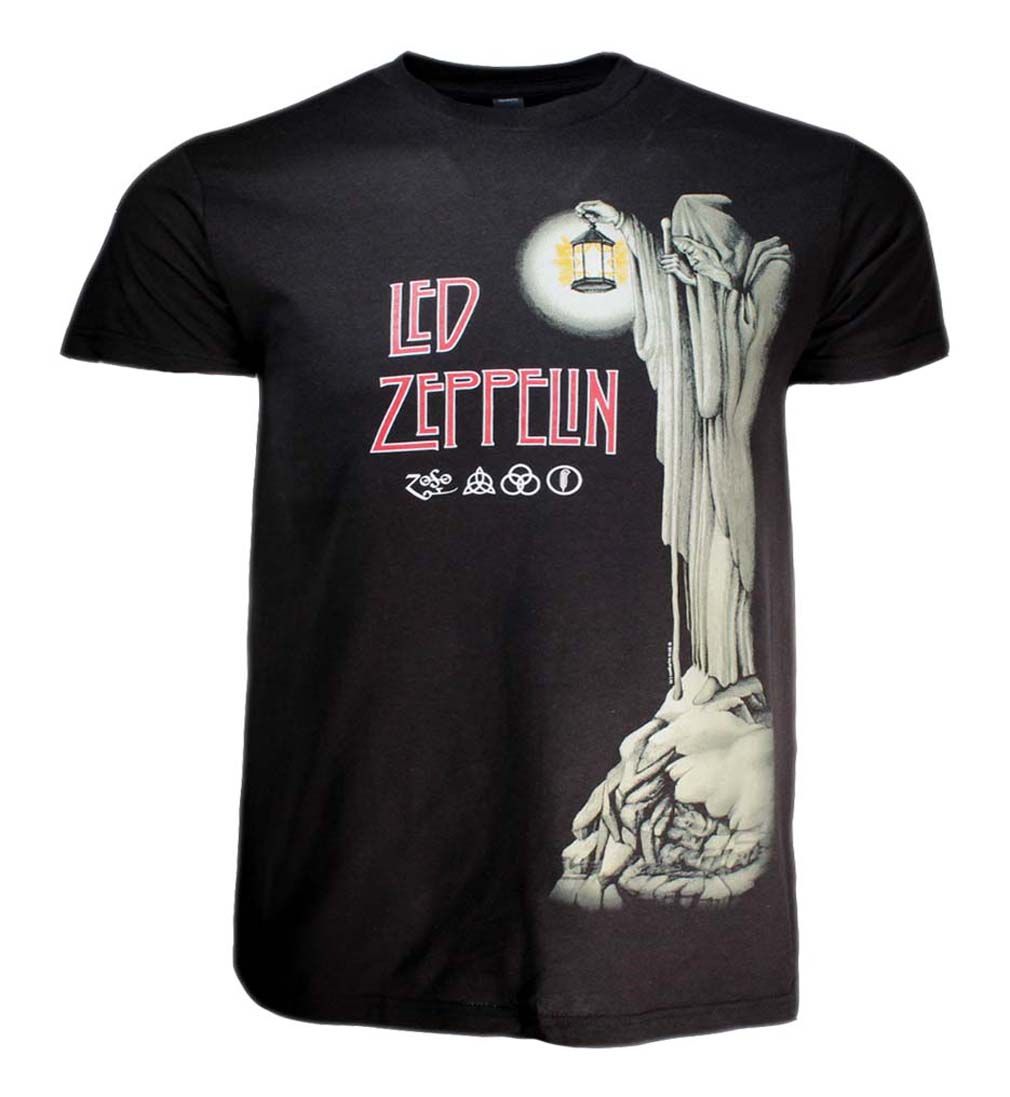
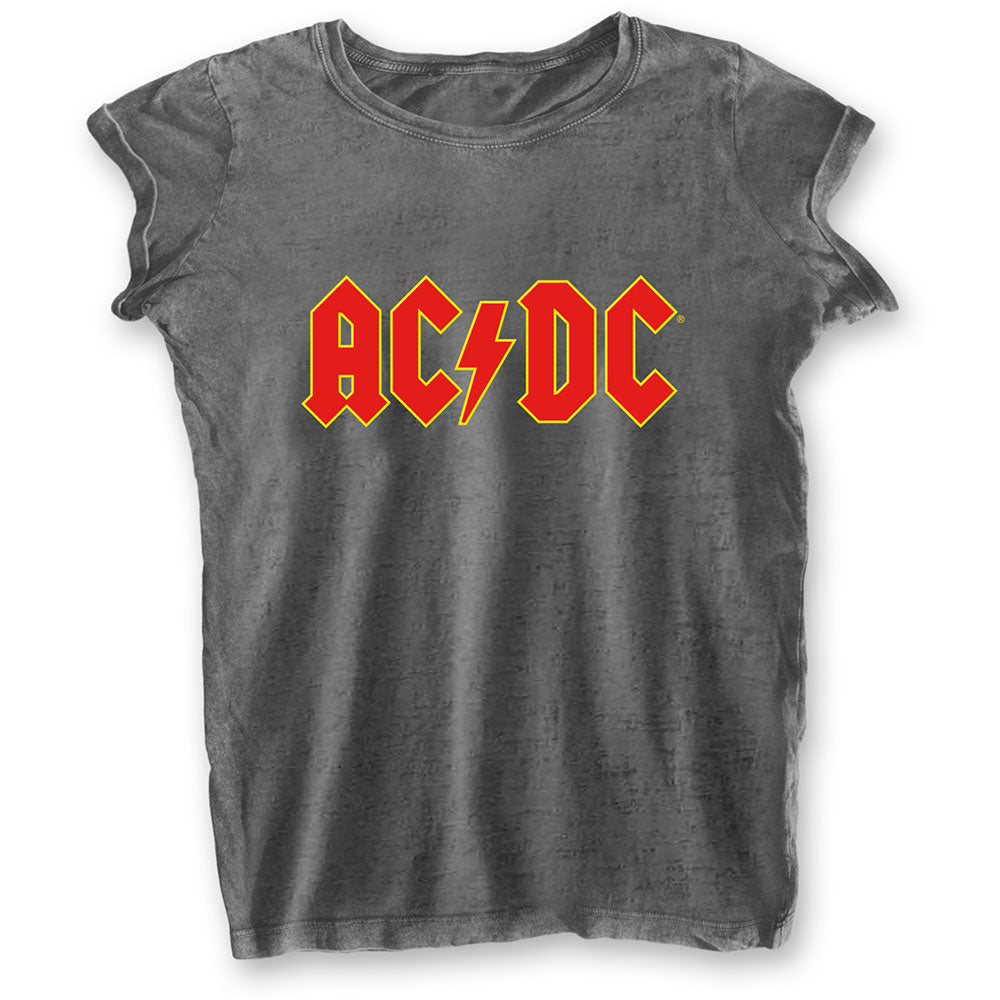
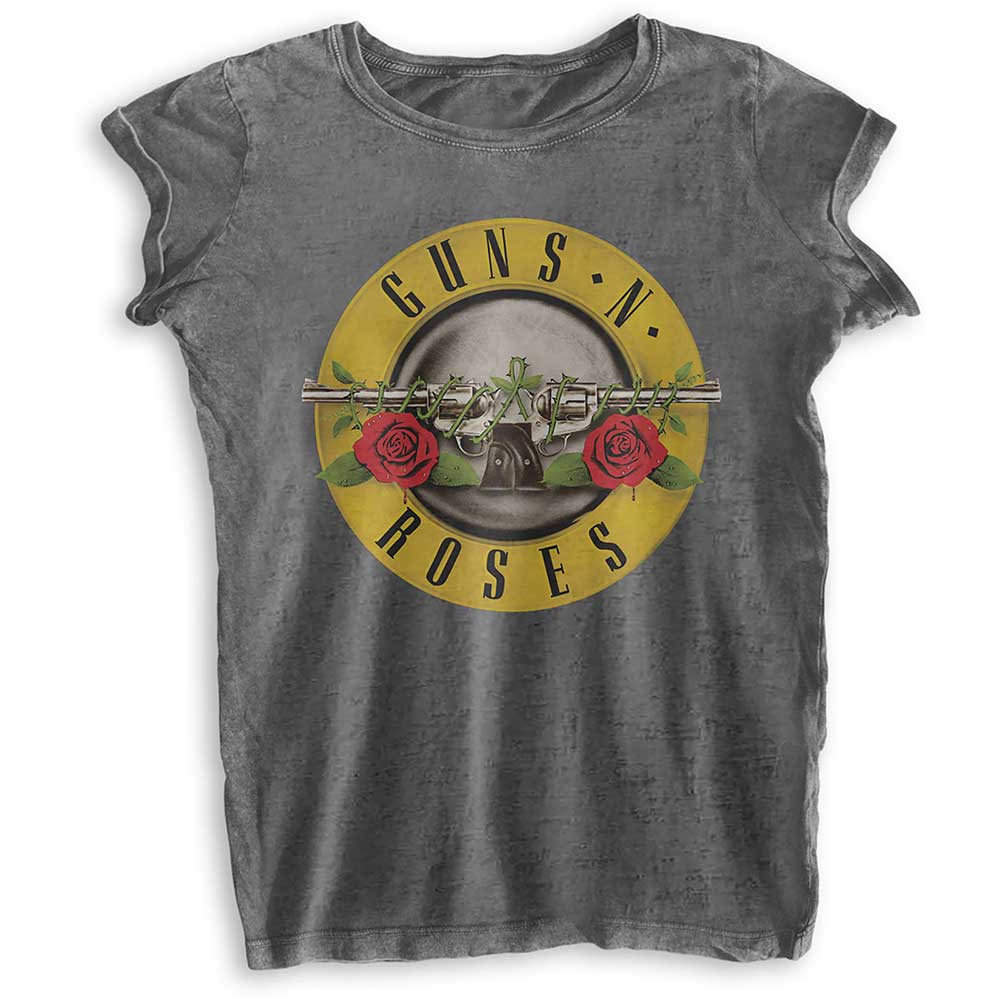
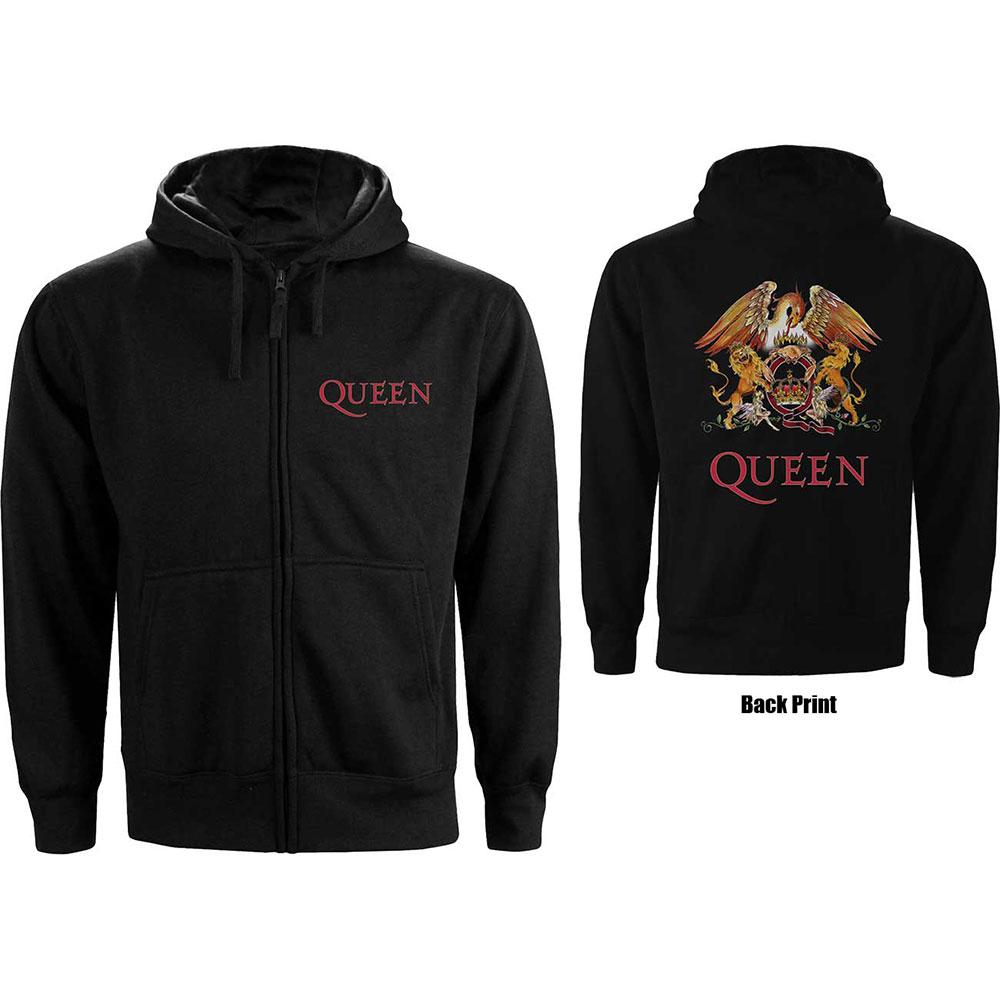
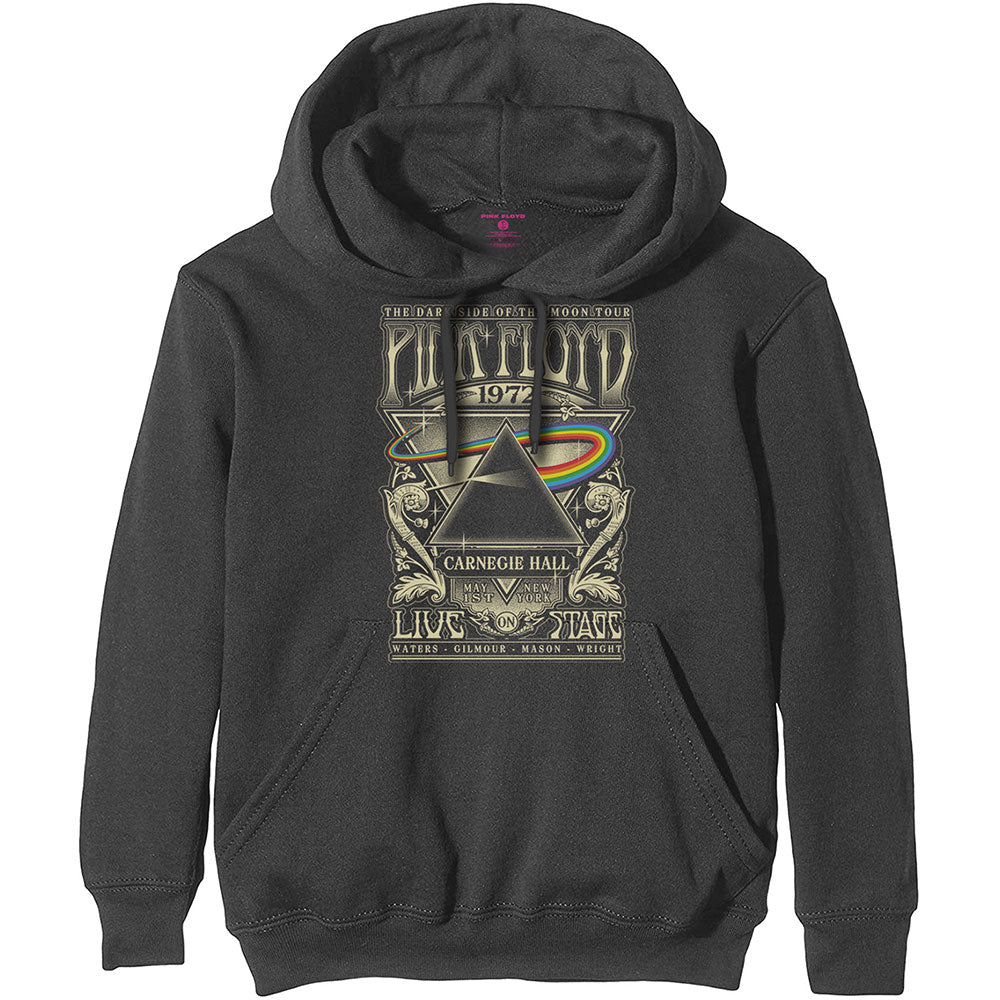

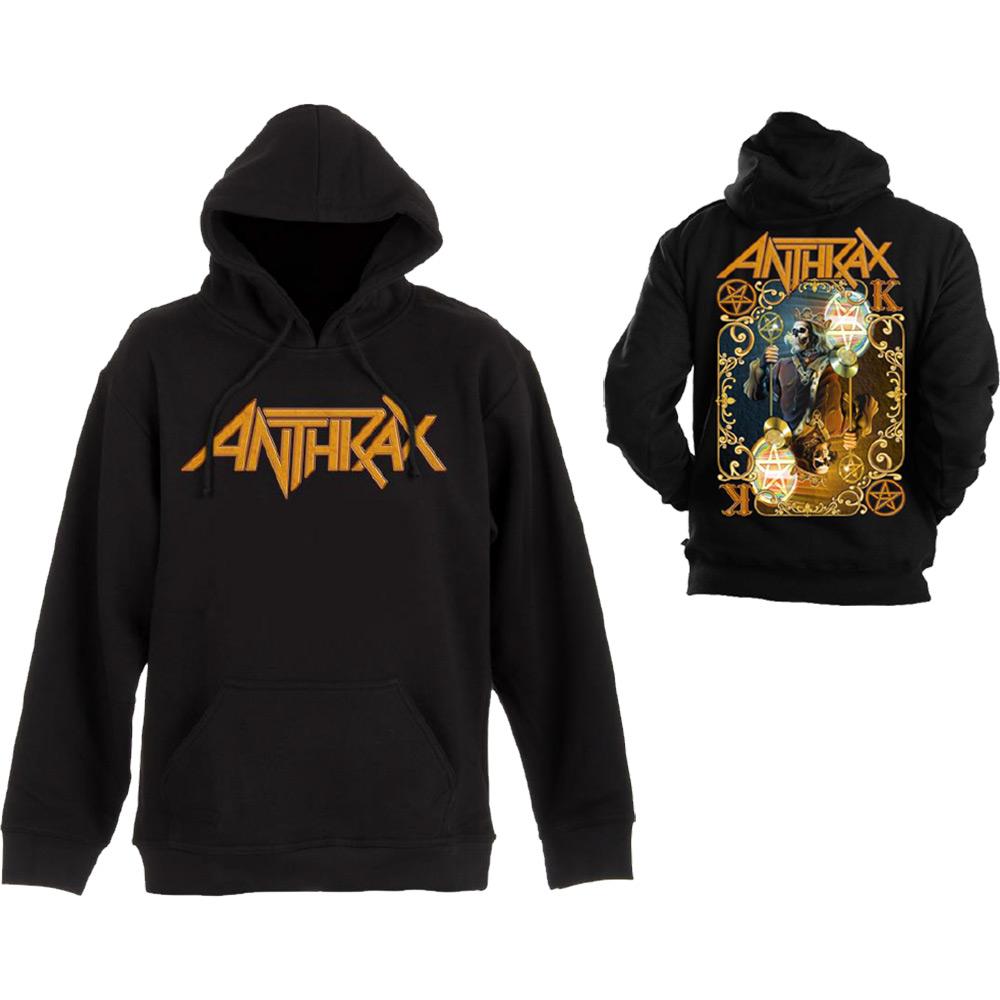


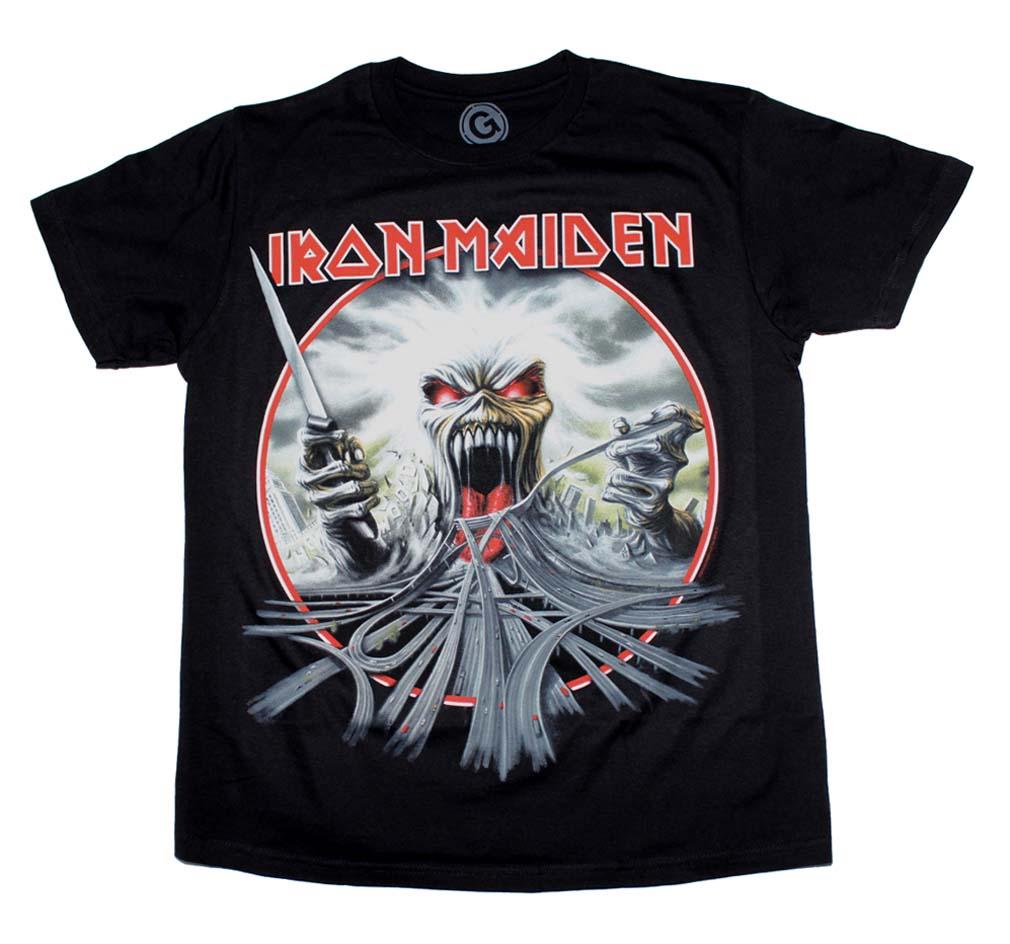


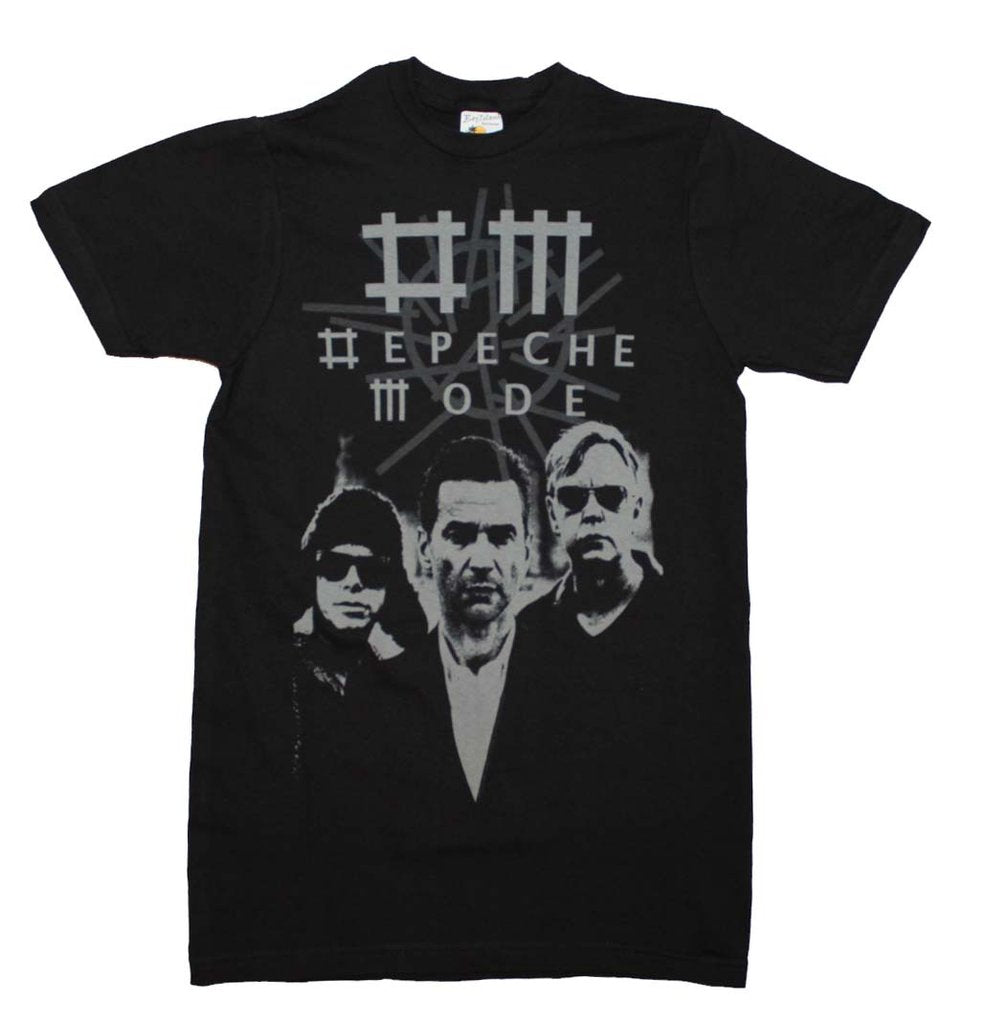

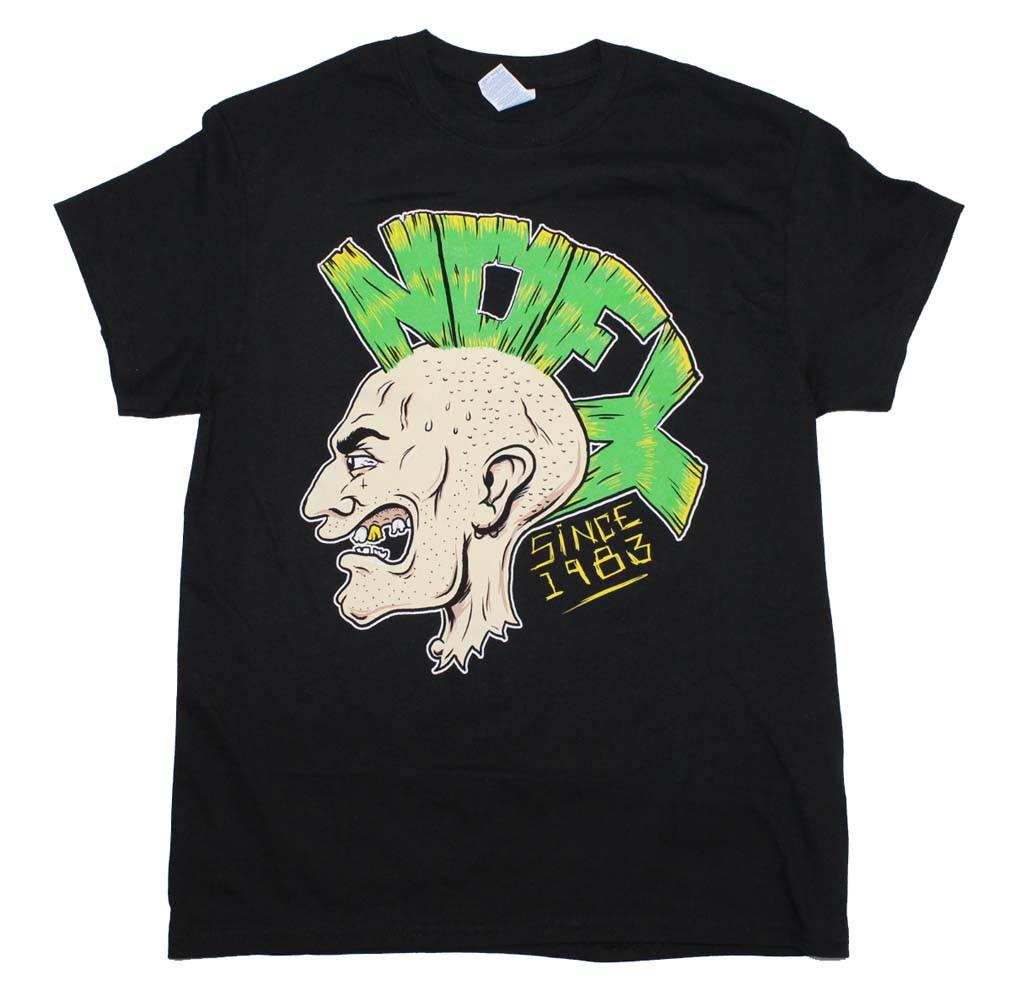
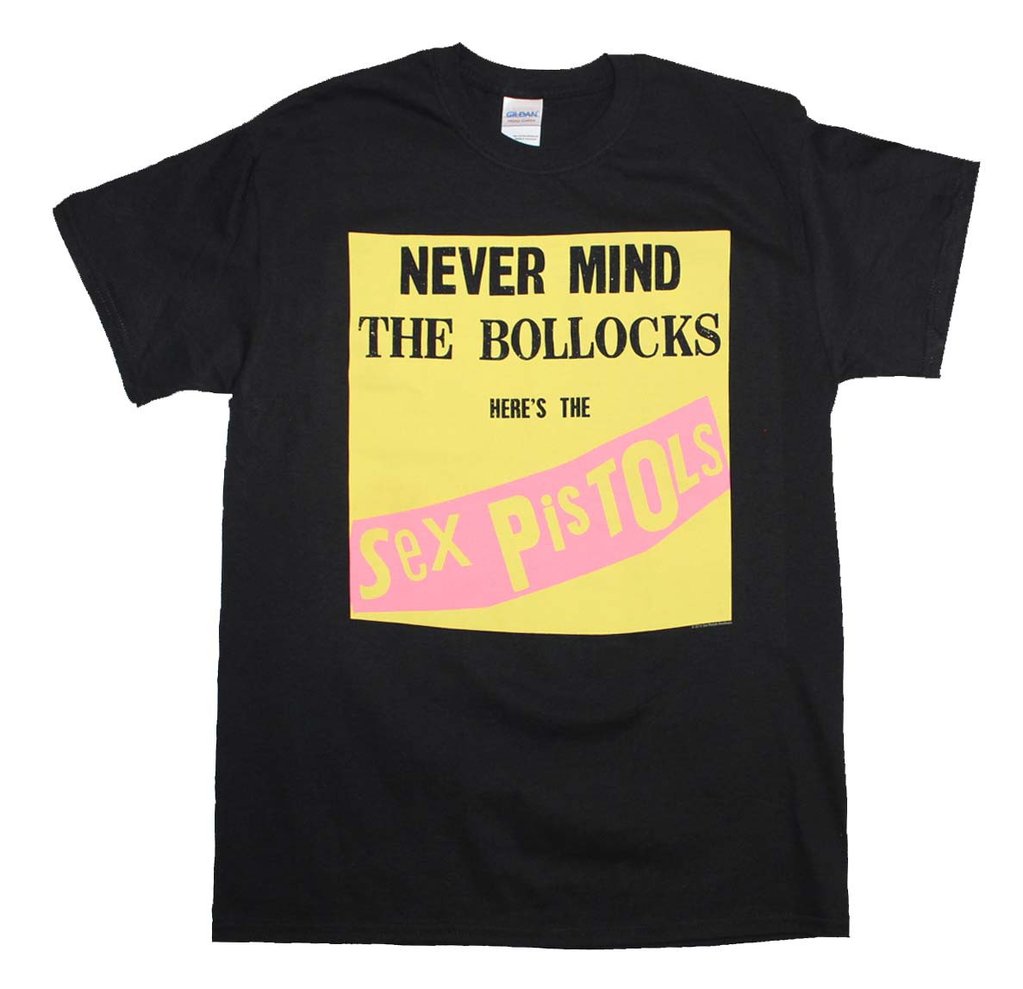
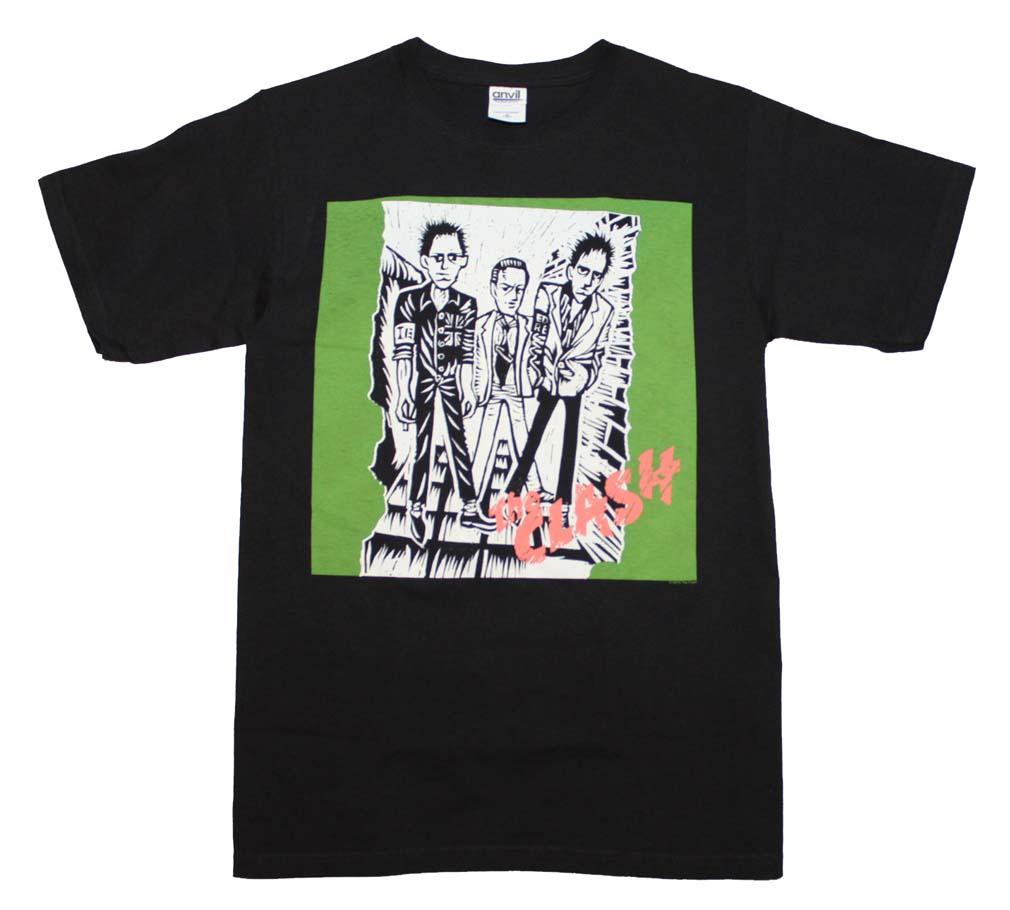
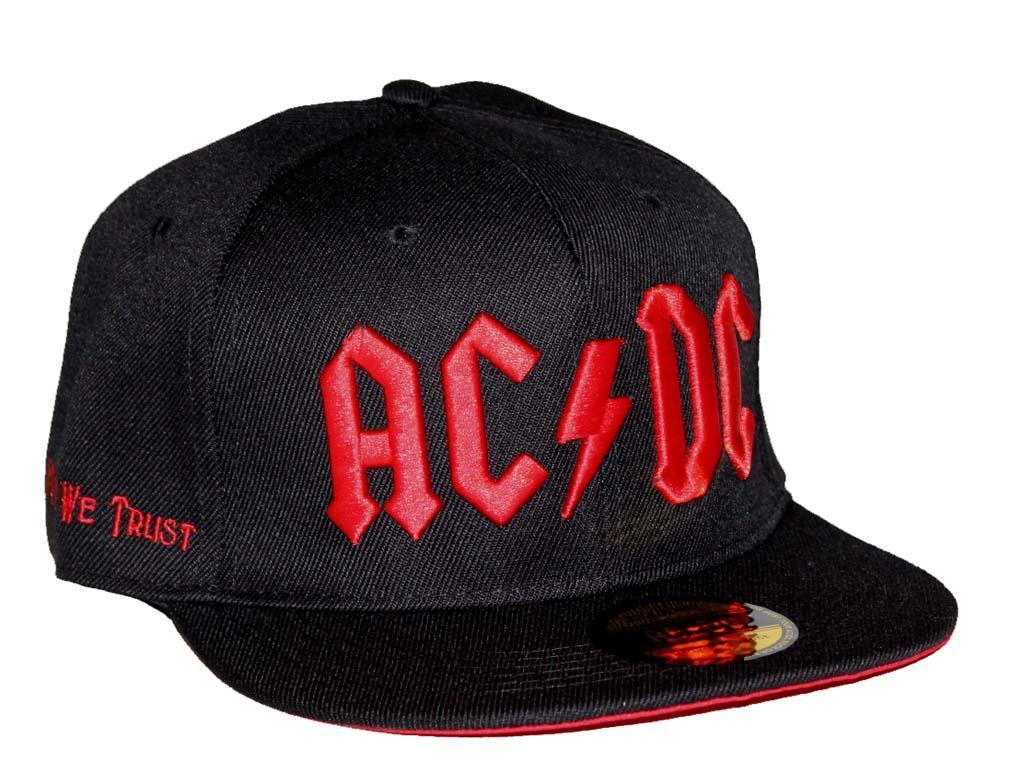
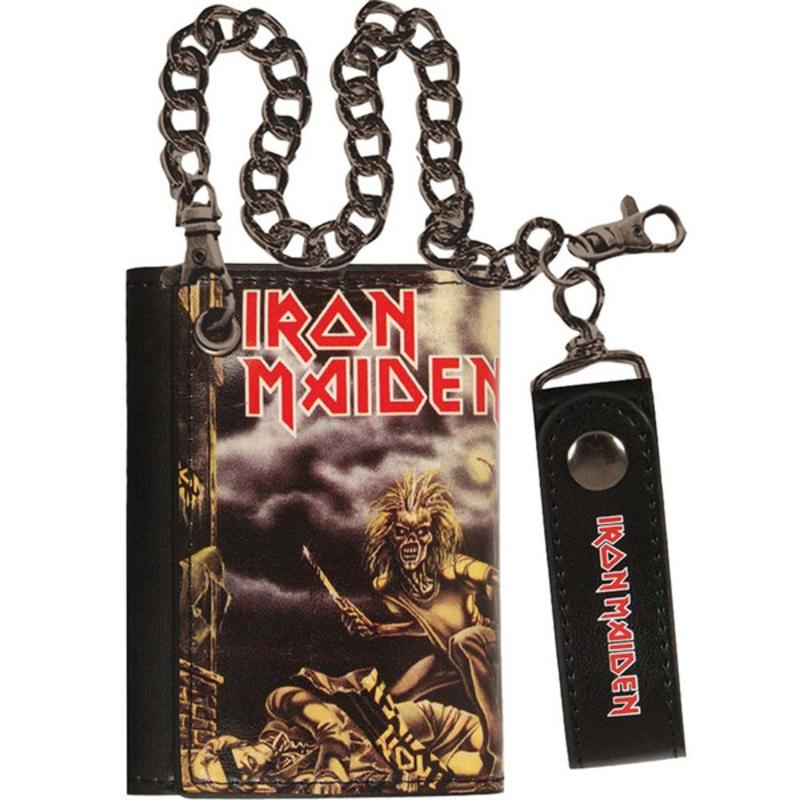

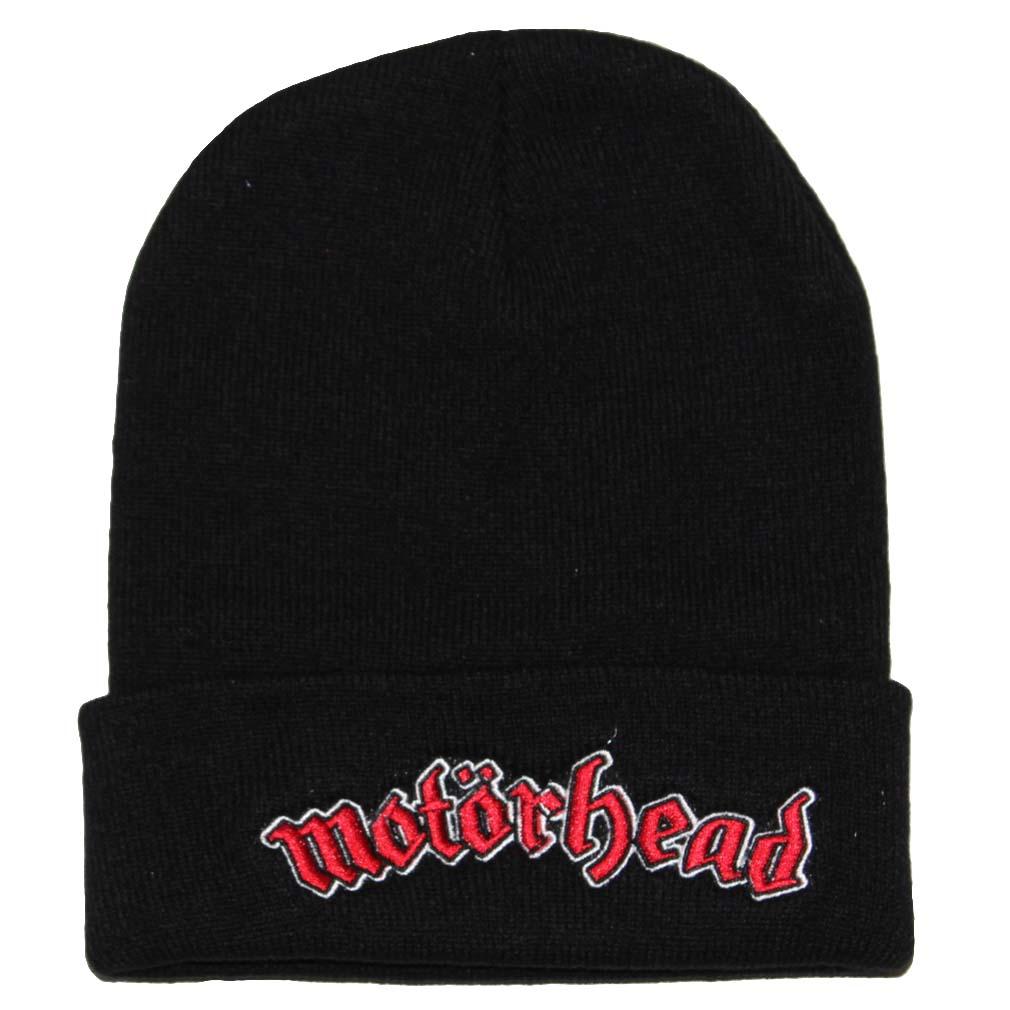
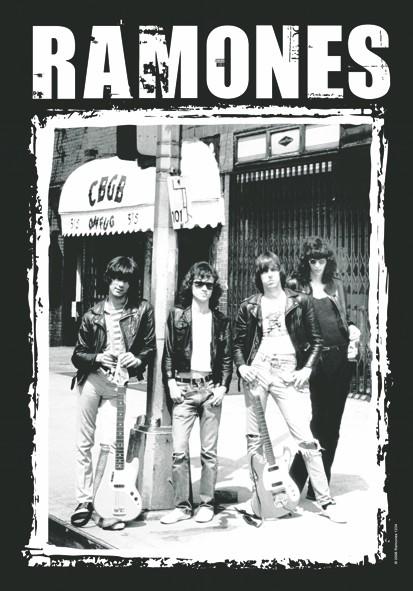
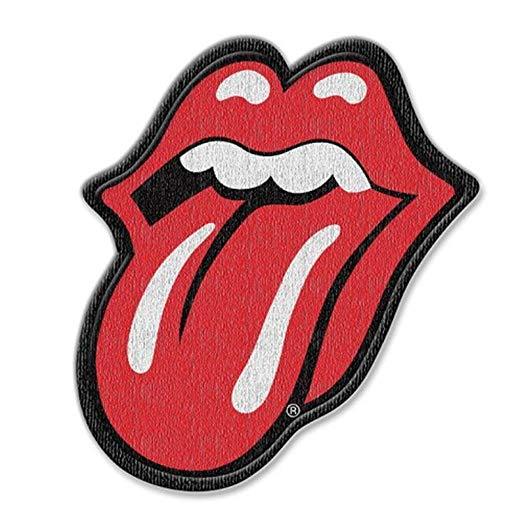

Comments
0 comments